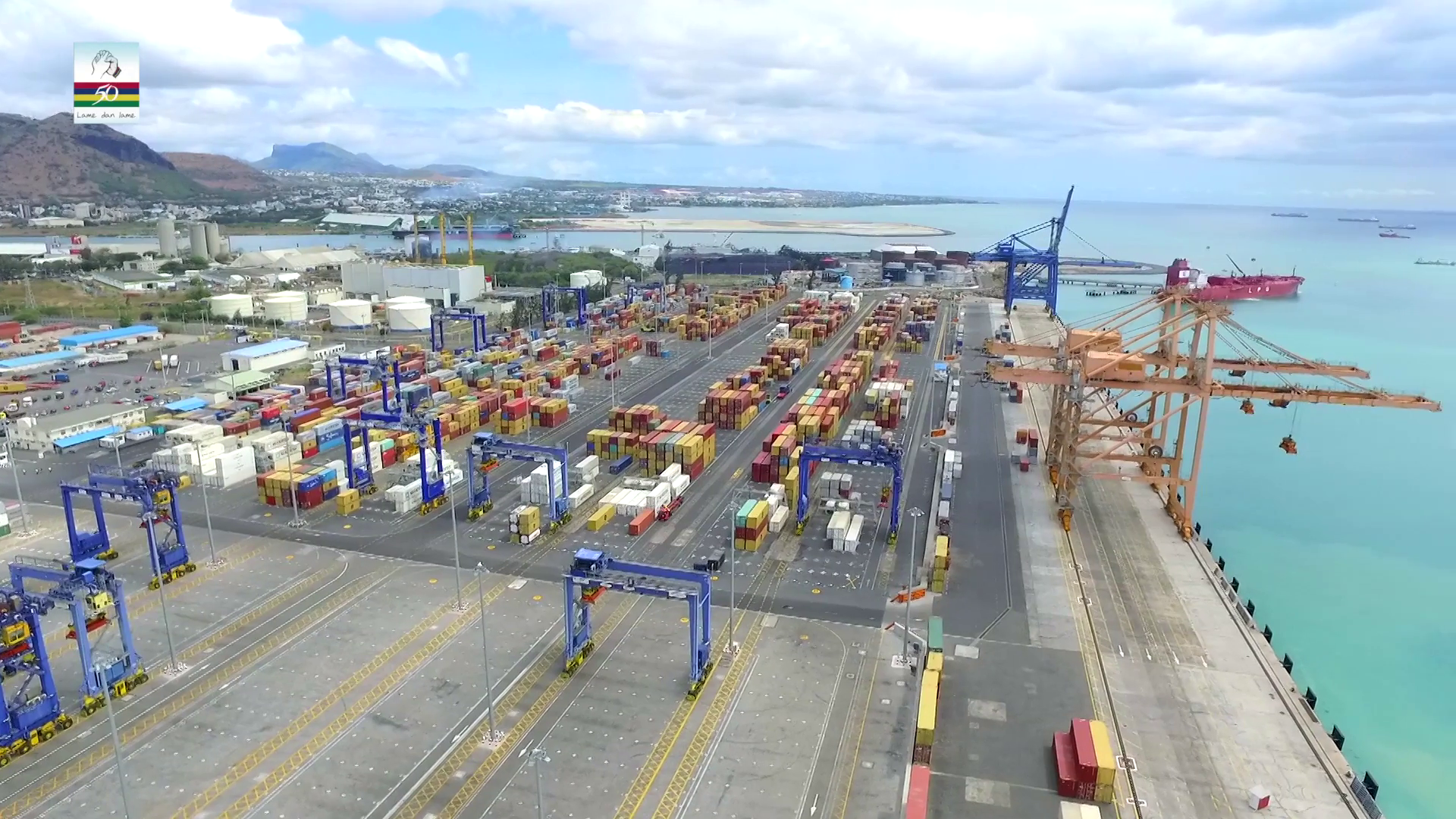News
The Port of Mauritius Slips to 369 in Global Rankings

According to the World Bank’s 2023 Container Port Performance Index, the Port of Mauritius has dropped 39 places from its previous ranking, placing it at 369th globally among 405 ports. This decline is particularly significant in the region, where the Port of Mauritius ranks 27th out of 44 ports.
The index, published by the World Bank and S&P Global Market Intelligence, assesses the performance of ports based on vessel time in port.
The report highlighted that 55 new ports have entered the index, and several significant changes have occurred since the previous year’s report.
A total of 100 ports have improved their ranking, with some experiencing significant gains of over 200 places.
The top-performing ports globally are Yangshan (China), Salalah (Oman), Cartagena (Colombia), Tanger-Mediterranean (Morocco), and Tanjung Pelepas (Malaysia).
In contrast, the bottom-performing ports are Tacoma (USA), Cotonou (Benin), Mersin (Turkey), Ngqura (South Africa), and Cape Town (South Africa), which ranks last at 405th.
In the Indian Ocean, Port Réunion ranks 320th, Toamasina (Madagascar) ranks 300th, and Mayotte ranks 307th.
While these ports are better performing than the Port of Mauritius, they are not among the top-ranked globally.
The report noted that the COVID-19 pandemic has had a lasting impact on the sector, leading to continued disruptions and new challenges.
The invasion of Ukraine by Russia, attacks on ships in the Gulf of Aden, and restrictions on draft in the Panama Canal have all affected container shipping.
The excess capacity ordered by shipping lines during the pandemic and subsequent drop in demand have led to a decline in freight rates, which have now returned to pre-pandemic levels on most routes.
The authors of the report, Nicolas Peltier-Thiberge and Jenny Paurys, emphasized that while some problems are external or systemic, others are internal or specific to certain locations, influencing the performance and ranking of individual ports.
They highlighted that one positive outcome of the pandemic has been an increased awareness and focus on port resilience and efficiency, where any friction can have tangible impacts on consumer choice, prices, and ultimately economic development. This attention is even more crucial now, they note.
Source: Defi Media











